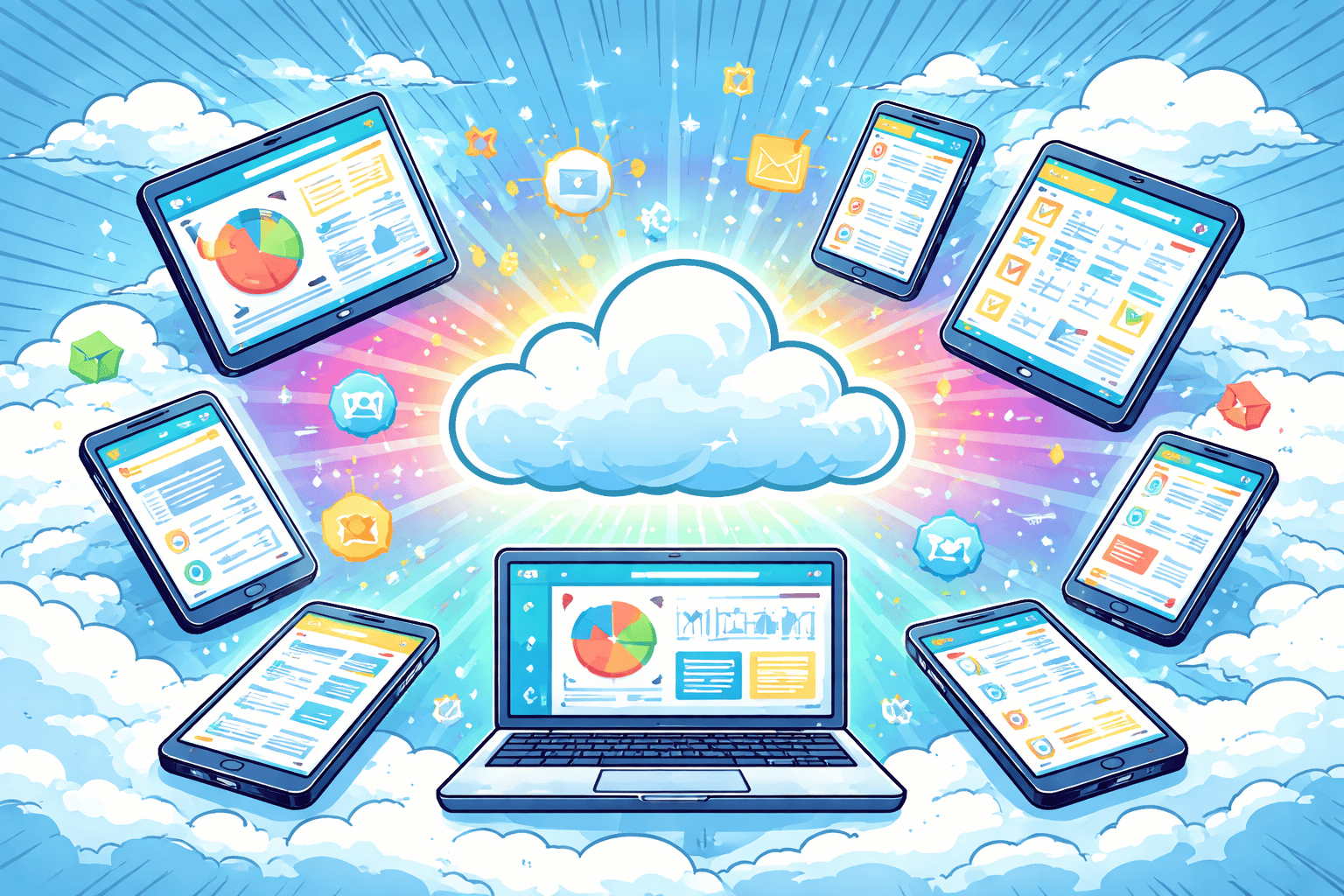The Best Boilerplates for Creating a SaaS Product
 Paul Therbieo
Paul Therbieo
Table of Contents
- Why Use Boilerplates for SaaS Development
- Top Boilerplates for SaaS Products
- Key Features to Look for in a SaaS Boilerplate
- How to Choose the Right Boilerplate
- Benefits of Using Boilerplates in SaaS Development
- Common Pitfalls to Avoid
- Wrap-up
- FAQ
Why Use Boilerplates for SaaS Development
Building a SaaS product from scratch can be a daunting task. It involves setting up the infrastructure, implementing authentication, handling payments, and much more. This is where boilerplates come in handy. They provide a solid foundation for your project, saving you time and effort in the initial setup phase. Boilerplates are pre-built templates that include essential features and best practices for a specific type of project. For SaaS products, this often includes:- User authentication and authorization
- Database integration
- Payment processing
- Basic UI components
- API structure
Top Boilerplates for SaaS Products
When it comes to choosing a boilerplate for your SaaS project, there are several options available. Here are two standout choices:1. ShipFast
ShipFast is a NextJS boilerplate designed to help you build your SaaS, AI tool, or any other web app quickly. It comes packed with features that are essential for getting your product off the ground and making your first dollar online fast. Key features of ShipFast include:- SEO optimization
- Email integration
- Stripe payment processing
- Authentication system
- Database setup
- Pre-built components
- Community support
- Regular updates
2. Supastarter
Supastarter offers production-ready SaaS app templates for Next.js and Nuxt. It's a comprehensive solution that includes essential features for building robust SaaS applications. Notable features of Supastarter include:- Authentication system
- API integration
- AI capabilities
- Database setup
- Stripe and Lemon Squeezy payment options
- Pre-built components
- Email functionality
Key Features to Look for in a SaaS Boilerplate
When selecting a boilerplate for your SaaS project, there are several key features you should consider:| Feature | Importance | Why It Matters |
|---|---|---|
| Authentication | High | Secures user accounts and data |
| Payment Integration | High | Enables monetization of your SaaS |
| Database Setup | High | Stores and manages user data efficiently |
| API Structure | Medium | Facilitates communication between front-end and back-end |
| UI Components | Medium | Speeds up front-end development |
How to Choose the Right Boilerplate
Selecting the right boilerplate for your SaaS project involves considering several factors: 1. Tech Stack Compatibility: Ensure the boilerplate aligns with your preferred tech stack. For instance, if you're comfortable with Next.js, a boilerplate like ShipFast might be a good fit. 2. Feature Set: Look for boilerplates that offer the features you need for your specific SaaS product. BoilerplateHub.com allows you to compare different boilerplates side by side, making this process easier. 3. Community and Support: A strong community can be invaluable when you run into issues. Check if the boilerplate has active forums or support channels. 4. Customizability: While boilerplates provide a starting point, you'll need to customize them to fit your specific needs. Ensure the boilerplate you choose is flexible enough to accommodate your unique requirements. 5. Documentation: Good documentation can save you hours of troubleshooting. Look for boilerplates with comprehensive, up-to-date documentation.Benefits of Using Boilerplates in SaaS Development
Using a boilerplate for your SaaS project can offer numerous advantages:| Benefit | Impact |
|---|---|
| Time Savings | Reduce development time by up to 50% |
| Cost Efficiency | Lower initial development costs |
| Best Practices | Ensure adherence to industry standards |
| Scalability | Built-in features for future growth |
| Focus on Core Features | More time for unique product development |
